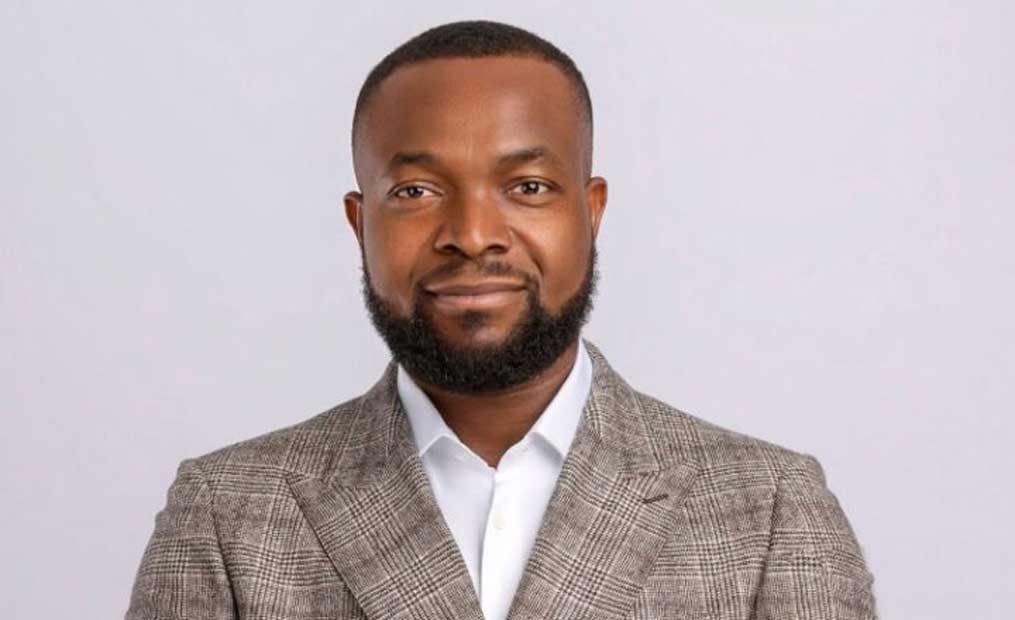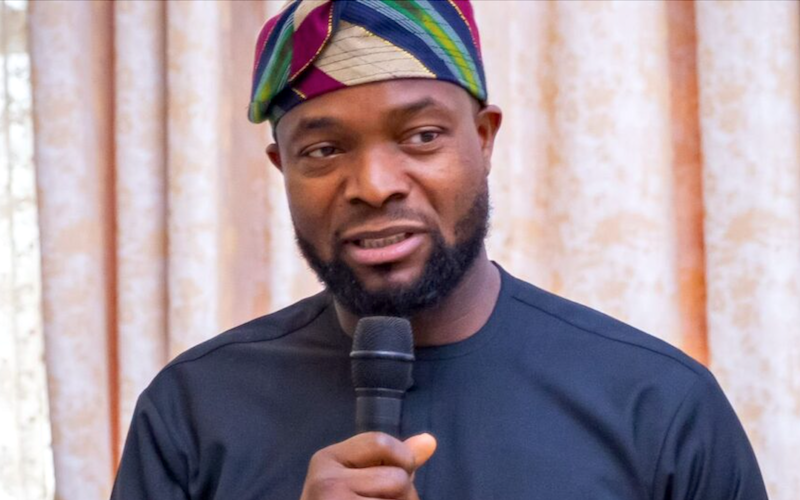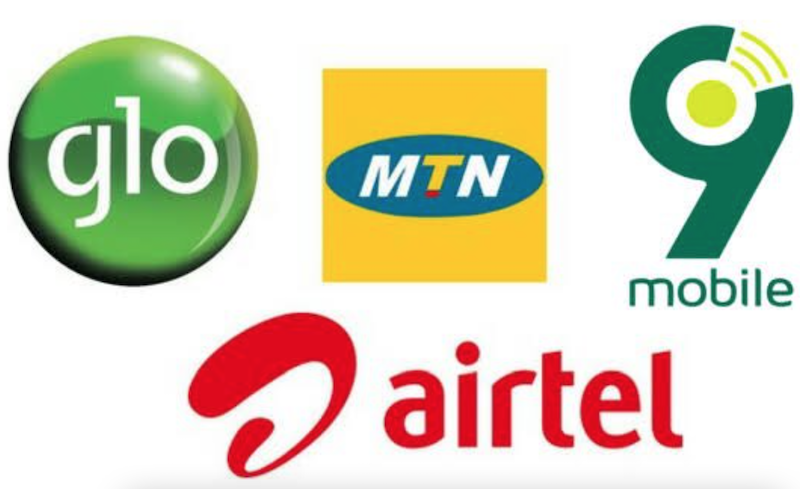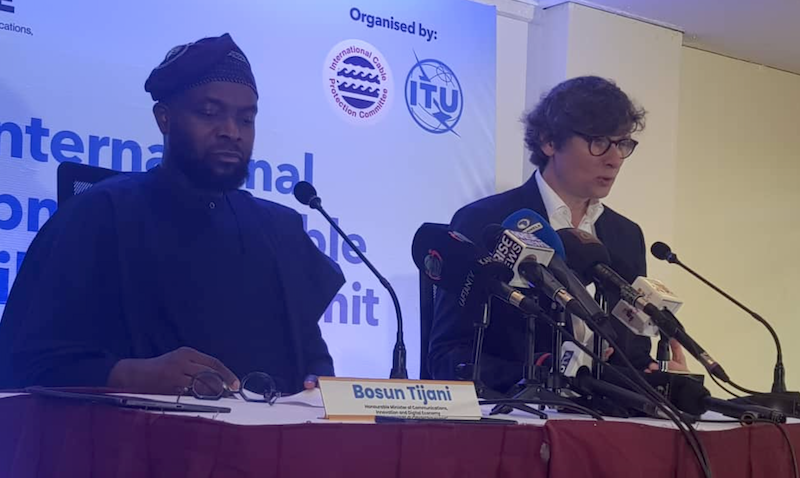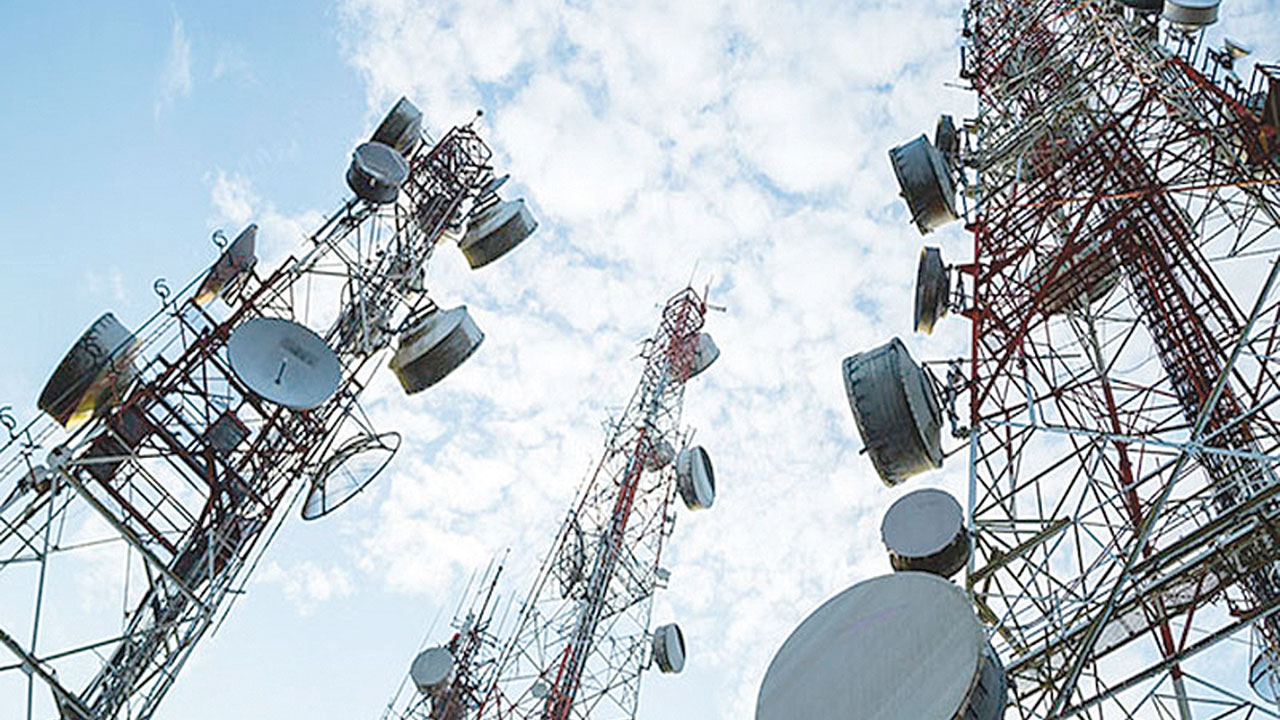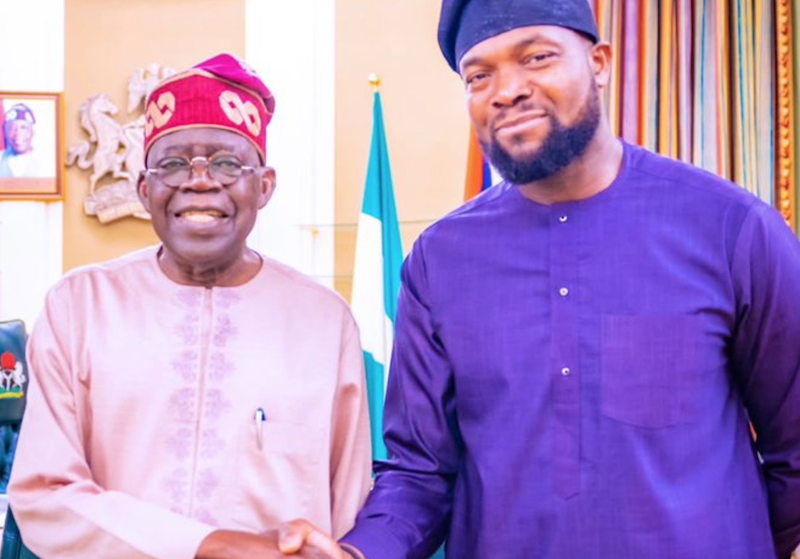The Minister of Communications, Innovation and Digital Economy, Dr Bosun Tijani, Elon Musk, Sam Altman and others have made it to the 2025 TIME100 Artificial Intelligence (AI) list.
This was announced by the Special Adviser, Media and Communications to the minister, Isime Esene.
Esene said that the list a recognition of the 100 most influential people in AI.
According to him, on assembling the list, TIME’s editors and reporters examined the key stories in AI over the past year and consulted with expert sources and industry leaders for recommendations.
“The result is a list of 100 leaders, innovators, shapers, and thinkers who have a stake in the future of AI,” he said.
He said that Tijani’s inclusion in the prestigious list reflected Nigeria’s growing leadership in advancing AI for inclusive and sustainable development.
Meanwhile, Tijani said that from the National AI Strategy (NAIS), the ministry got over 120 experts of Nigerian descent to co-create the long term strategy for the responsible use and development of AI.
According to him, this is to research and demonstration initiatives showing the potentials and practical use cases for AI in critical sectors like healthcare, agriculture, education, and financial inclusion.
“With the support of partners like Google, the Gates Foundation, and others, Nigeria is facilitating the scaling of mature AI solutions from local innovators,
“We are providing resources, mentorship and support necessary to translate ideas into impact.
“This recognition from TIME further validates our belief that Nigeria can stand as a global leader in the responsible and inclusive deployment of AI for increased productivity,” he said.
The minister expressed commitment to ensure that AI drives innovation and also contributes to building a one trillion-dollar economy as envisioned by President Bola Tinubu.
“With this global recognition, Nigeria reinforces its commitment to leveraging AI to create opportunities for its citizens and contribute to the advancement of responsible technology worldwide,” Tijani said.
